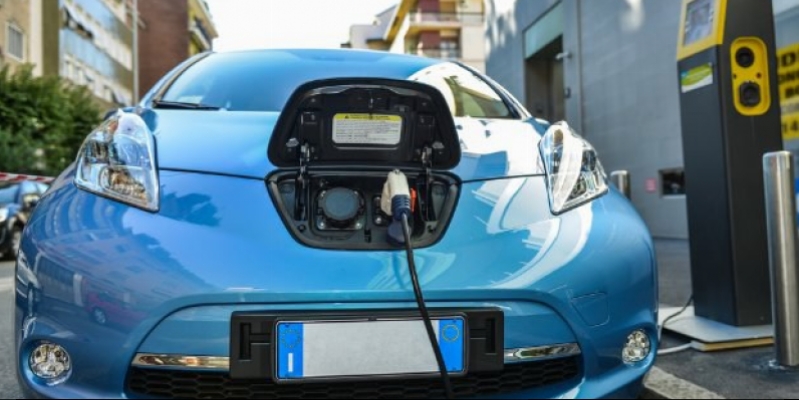Australian scientists have developed a graphene supercapacitor, which are so mild that can be used for the development of electric cars, for which energy is stored in their parts of the casing rather than batteries.
Electric cars are often referred to as sustainable transport future, but it keeps the fact that they use really heavy, slow-giving energy batteries - even the most advanced on the market very slowly charging batteries and a lot of weight.
A much better choice would be a super capacitor - a unit that can cast powerful bursts of energy - but they can not accumulate as much energy as the battery, so in order to feed them something large, say, a car, they should be very much.
So the researchers looked for ways to combine batteries and supercapacitor to the battery at least it is more powerful and lighter. But their ultimate goal is to create supercapacitors, which can keep a lot of energy.
Queensland University of Technology (QUT) in Australia Nanotechnologies has a very easy supercapacitors, which can be easily combined with conventional batteries and dramatically increase their strength, while reducing weight - and within five years they could completely replace the batteries.
"Supercapacitors can provide a lot of power in a short period of time, which means faster acceleration and just a few minutes of charging time, while the standard electric car battery charge lasts for a few hours," the press release said the project worked with Marco Notarianni, QUT PhD researcher.
But the potential of these devices more than just improving the current batteries - they can change them.
These two supercapacitors is light but very strong graphene between them electrolyte "sandwich." Scientists are now trying to accommodate them as much energy, but they are so thin and light that eventually they will be incorporated into the vehicle interior trim, roof, doors, bonnet and floor, and used car powering about 500 km.
More impressively, the details of these cars produced without batteries should be recharged in just a couple of minutes.
Team study was published in the Journal of Power Sources and Nanotechnology. Notarianni'is says that cars powered by your body in the details stored energy could become a reality within five years.
"Fully charged this car
could drive 500 miles - similar to what fuel cars and more than doubled compared with the electric current limit, "said Liu Jinzhang, materials engineer who also worked at the super capacitor.
Technology has another potential - it could sit back, for example, on the back of your phone and charge it to help instantly.
It is important not only that supercapacitors can quickly accumulate energy, but also the fact that they are less damaging to the environment than the lithium-ion battery and will be cheaper.
"Lithium-ion batteries can not cost much to decline, because the lithium price remains high. This technology does not rely on metals and other toxic substances, and graduated to serve, it is friendlier to the environment, "said Nanotechnology Nunzio Motta, who led the team.



